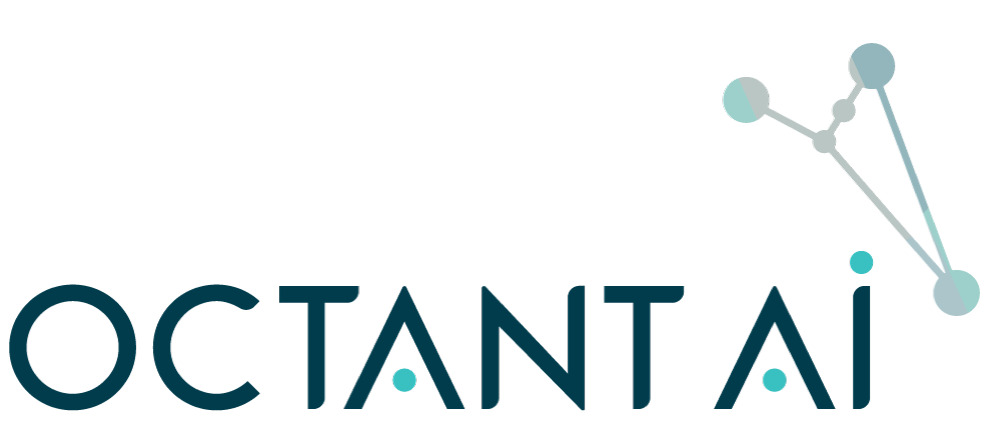Construction and infrastructure are complex, human capital intensive industries in which technology advancements are underutilized, resulting in poor productivity and project outcomes. Although a bleak summation, it is one that is regularly reported by those who work in the industry.
With machine learning (ML) and artificial intelligence (AI) here to stay, construction and infrastructure industries could look to embrace and benefit from new software techniques.
Our Founder and Managing Director David Porter urges organisations to jump on the shift to AI quickly, before the pace of innovation makes it hard to catch up with competitors and new developments.
“If companies seize the AI opportunity thoughtfully, they will see substantial improvements to performance and productivity,” David said.
“The construction and infrastructure industries continue to practice traditional methods. It comes as no surprise to those in the industry that there is room for improvement in productivity and delivery of major projects.
“In comparison with sectors such as health and finance, for example, construction lags in its use and adoption of innovative methods and technologies.
“The good news here is that there is significant untapped value derived from humans working with AI to achieve enhanced levels of performance, ultimately leading to better financial outcomes.
“AI is commercially available now and has been tried and tested with success by those who have taken the plunge into unfamiliar waters in order to stay relevant and robust.”
In advising companies hesitant to take the leap, our top tips for adopting AI are:
- Get your facts straight –
One of the major barriers to AI adoption is a misinformed perception. AI refers to a machine’s ability to perceive, reason, and learn, using data processes to improve its problem-solving abilities. An understanding of the concept is key in fully comprehending the benefits of AI. For example, the concept that AI replaces human workers comes from a place of under-education and misunderstanding. It’s important to cut through the noise and focus on where AI fits into your business and what the benefits of its implementation can be.
- Have a solid data strategy –
Preparing to implement an AI strategy relies heavily on having an organised data process. Laying the foundation with a strong data strategy – regarding data quality, accessibility, and privacy – is crucial to employing AI successfully. Access to this real-time data that the industry has developed provides the opportunity to drive improvements and predictions through complex problem-solving and decision-making. Building this framework of collecting, storing and analysing data sets your AI implementation up for success.
- Communication is fundamental on the journey of change –
Make sure you are clear on where in the business you will be adopting AI and what you hope to achieve through its use. Transparency, two-way communication and ongoing support will be crucial to how quickly and successfully the adoption of AI will be for staff within your company. Change can often be daunting and disruptive, so keeping your employees well informed and prepared will help them ease into the transformation of AI.
- Evolve or be left behind –
Businesses today have an exciting opportunity to move away from the way things have always been done. The health and finance industries are known as two of the most productive and efficient, and history and evidence suggests that similar results will flow to those who adopt these advances from emerging technologies. Technology presents a range of opportunities gained due to money saved, time saved, and efficiencies created. While change can be daunting, and require short-term commitment, there is proof in the long-term benefits.



